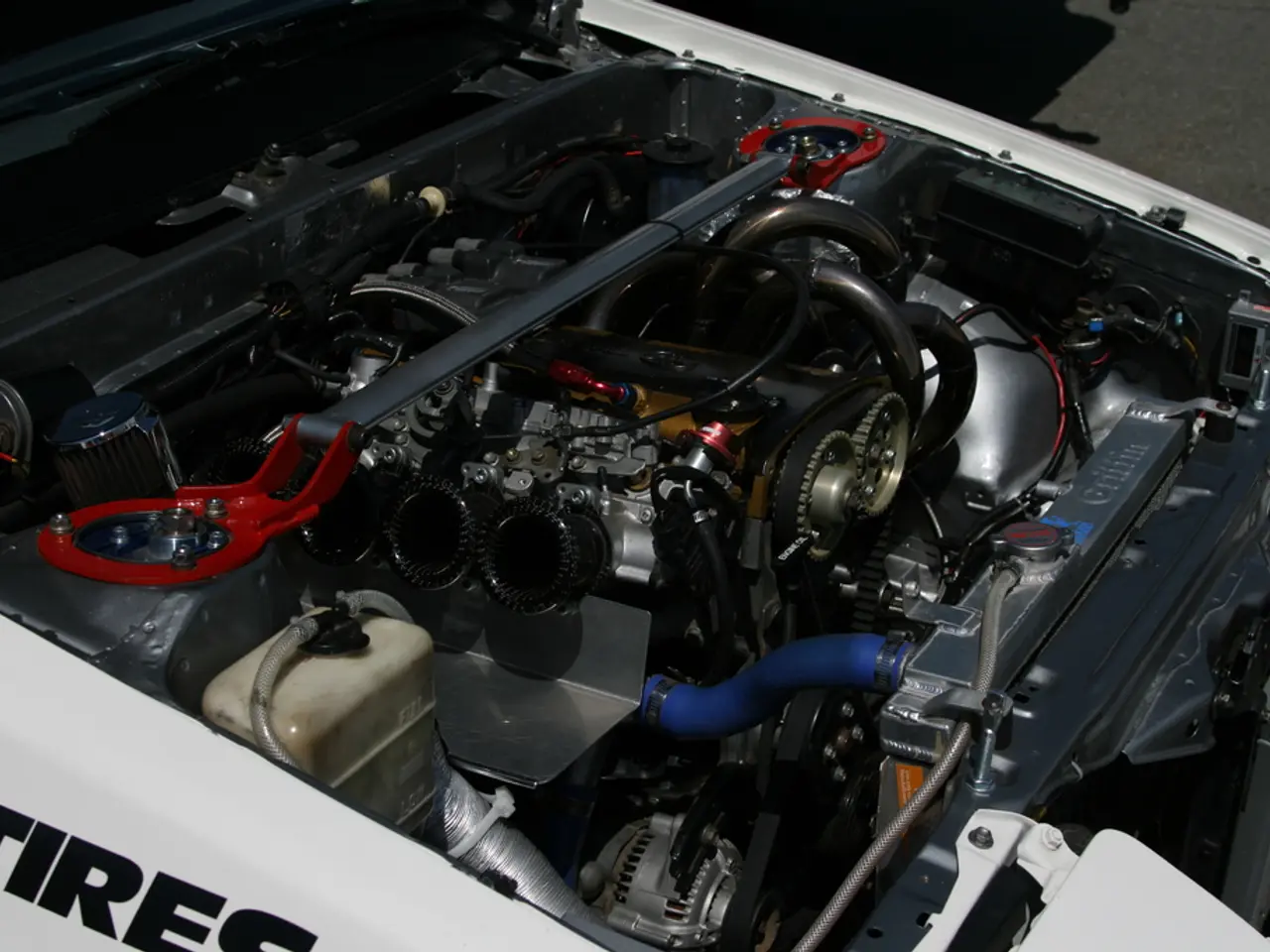Guide for Rapidly Initiating Protocol Generation via Automated Model Context
In the rapidly evolving world of artificial intelligence (AI), the need for efficient and effective solutions has never been greater. One such solution is the automation of Model Context Protocol (MCP) generation, a practice that is gaining traction across various industries.
MCP is an open protocol that empowers AI models to access external resources dynamically during runtime, extending their capabilities far beyond static training data. It operates through a client-server architecture, where the AI model sends requests through MCP, and the server interacts with external systems, returning structured data for the model to process.
The benefits of automating MCP generation are manifold. By eliminating the need to build custom MCP servers for each tool or API integration, engineering overhead is significantly reduced. This automation leads to reduced engineering time, scalability, maintainability, and vendor flexibility.
To automate MCP generation, the key approach is to leverage tools that can generate MCP servers directly from existing API specifications. For instance, the liblab MCP Generator can create a production-ready MCP server from your existing API specification (e.g., OpenAPI). This process involves enabling MCP generation in your project config, running the API specification through the generator, and deploying the generated MCP server, which acts as a bridge translating natural language model requests into API calls.
The benefits of this automation are substantial. By skipping custom coding of MCP integration layers, engineering time is reduced. A single MCP server can serve multiple AI tools and models, promoting scalability. Standardized, reusable MCP implementations lead to maintainability, while decoupling the language model from agentic systems allows for vendor flexibility, enabling easy switching of providers without rebuilding integrations.
However, it's crucial to consider security when implementing an MCP server. Proper authentication, authorization, and monitoring must be implemented to mitigate risks inherent in exposing APIs to AI models.
In summary, automating MCP generation is best achieved by using an MCP Generator that converts your API specifications into fully functional MCP servers. This automation accelerates AI model integration with your external tools, reduces complexity, and promotes secure, scalable AI workflows.
The MCP is a meticulously crafted instruction manual for machine learning models. It's essential to document training data details, model architecture, hyperparameters, environment, evaluation metrics, and anything that could influence the model's performance in the MCP. An automated MCP generation system typically consists of a Model Metadata Repository, Data Analysis and Profiling Tools, MCP Template Engine, Policy Enforcement Engine, and Reporting and Visualization Tools.
Best practices for successful implementation include understanding AI governance policies, involving stakeholders, choosing a tool that integrates with existing systems, continuously monitoring and updating MCPs, and providing training to all stakeholders. Several tools are available for automating Model Context Protocol (MCP) generation, including MLflow, Weights & Biases, commercial MLOps platforms like DataRobot and Azure Machine Learning, and custom scripting.
[1]
- Automation of MCP generation, facilitated by tools like the liblab MCP Generator, is a key application of technology in the realm of artificial intelligence (AI), as it streamlines the process by generating MCP servers directly from API specifications, thereby reducing engineering time, promoting scalability, and ensuring maintainability and vendor flexibility.
- Machine learning models can leverage the benefits of automation in their toolkit as well, with the automated MCP generation system incorporating various components such as Model Metadata Repository, Data Analysis and Profiling Tools, MCP Template Engine, Policy Enforcement Engine, and Reporting and Visualization Tools, thereby ensuring efficient and effective solutions in the rapidly evolving world of AI.




